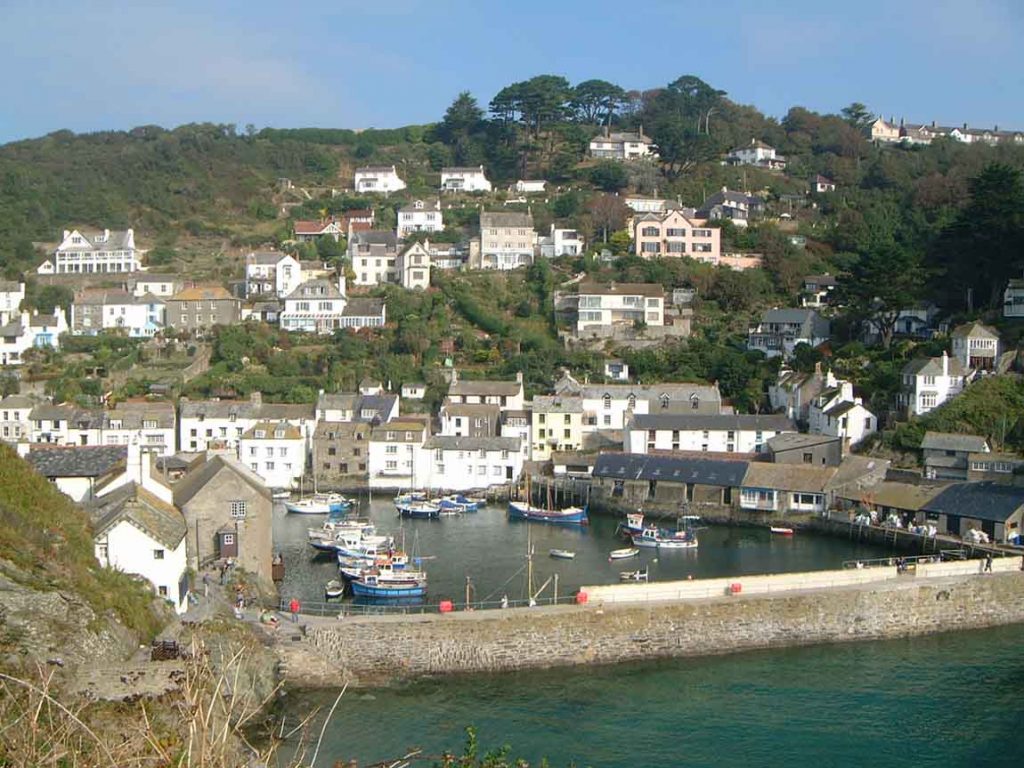Once summer arrives and the sun starts shining, many of us pack up the car and head straight to idyllic honeypot villages and coastal towns to make the most of it. After all, what’s more enjoyable than a stroll in the glorious countryside, sipping a drink in a pub garden or sinking your toes in the sand with an ice cream in hand?
Not to mention that due to the uncertainty around Brexit and how it could affect our finances, many of us are doing some careful budgeting and opting for staycations. Perhaps unsurprisingly, this has led to many tourist hotspots being overwhelmed with people in the summer months. In fact, Cornwall is “struggling to cope” and the tourist board has stopped promoting two beaches due to summer overcrowding.
Although this is certainly troublesome for residents, many rely on tourism for their household income. So how do these picturesque towns strike the right balance between encouraging tourism but managing the impacts of overcrowding?
Improve parking
In a busy tourist hotspot, adequate parking is essential. Fail to get this right and tourists will just park wherever they can, such as residential streets and main roads. This creates traffic jams and in turn, misery for commuters, locals and tourists alike.
Disperse people
Towns can cope better with increased footfall by spreading it out. It may seem obvious, but if all tourists are heading to the same places within a town or city, it’s going to feel overcrowded. Instead of promoting one particular area or attraction, local tourist boards could encourage people to head to different sites to spread people across a wider area.
Alternative timings
Most tourists will flock to honeypot villages and coastal towns during the summer months, so why not encourage them to come at less busy times? This will certainly reduce the impact of those busy summer months. One way to do this is to have events during quieter times of year. Alternatively, significant price reductions on activities and accommodation may encourage people to visit at non-peak times.
Control accommodation
For towns that are struggling with overcrowding, controlling available accommodation is another way to reduce the impact of tourism. Amsterdam is one city that has taken such measures — stopping hotel developments altogether. Doing this will help to take control of tourist numbers rather than let it spiral out of control.
There are many effective and efficient ways that towns can better cope with growing tourism. Whether that’s introducing cost incentives for out-of-season tourists, dispersing people or stricter controlling of accommodation, it will help to reduce the negative impacts of overcrowding while still encouraging people to visit. Win, win!



